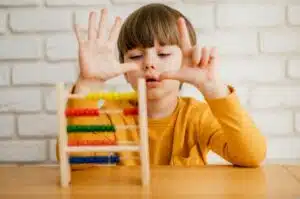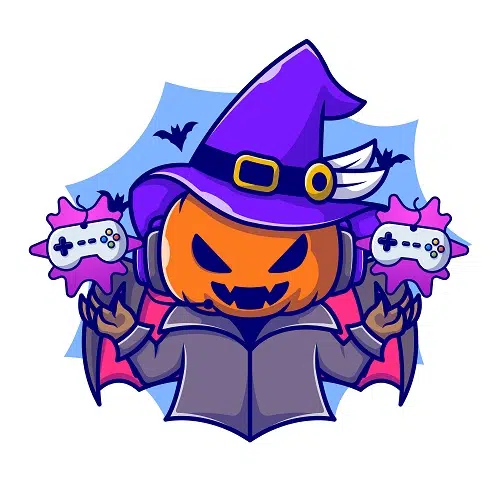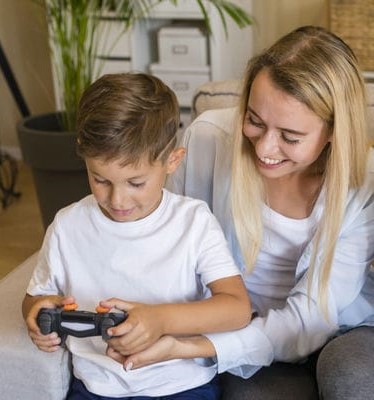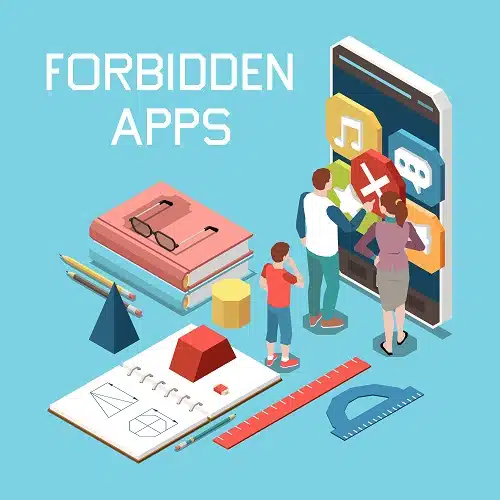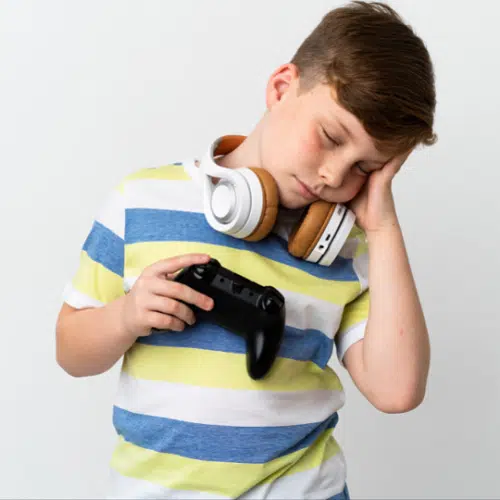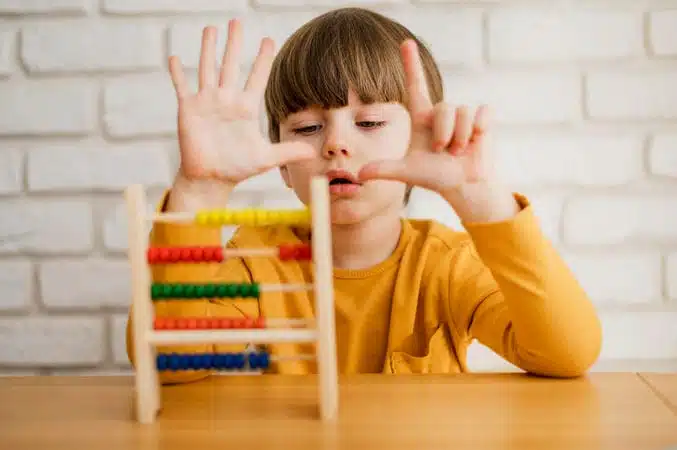Mathematics can be a dreaded subject for many kids, but it doesn’t have to be that way. With the right tools and resources, math can be an enjoyable and fun experience. One such tool is cool math games. These activities are designed to make learning math fun and interactive for kids of all ages. In this blog, we will explore the benefits of cool math games for kids and how they can help your child excel in mathematics. We will also provide you with a list of offline and online math games that are free that you can play with your child at home or in the classroom.
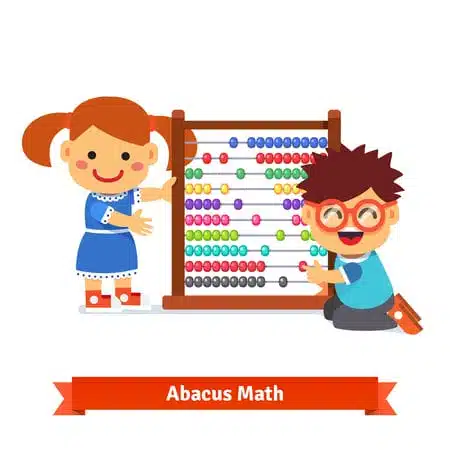
Benefits of Cool Math Games for Kids
Cool Math Games offer a fun and engaging way for children to learn and practice math. These games provide an environment where kids can improve their math skills without the added stress of traditional classroom learning. Not only do they help kids develop problem-solving and critical thinking abilities, but they also allow parents to bond with their children while promoting learning. Teachers can use these games as a tool to supplement classroom teaching and reinforce math concepts. Cool Math Games offer a creative and interactive way for children to have fun while improving their math skills. If you’d like to know more about what kind of video games can make you or your child smarter, click here.
Offline Cool Math Games for Kids
Many offline math games that are free leverage various age-appropriate learning principles such as memory retention, critical thinking, and logic. These games can be used by parents and teachers to supplement traditional classroom learning.
Finding the right cool math game for your child is not difficult. The internet has several free resources that provide lists of popular offline cool math games, along with instructions on how to download them. Here is an example of such a list. With the help of these games, children can learn to solve mathematical problems creatively and effectively. Teachers can also use these games to make learning more interactive and fun.
Here are 5 examples of coolmath games for free that anyone can start playing:
- Math War: This game is played with a deck of cards. The players divide the deck equally and each player turns over two cards at a time. The player with the highest sum wins both cards. The player with the most cards at the end of the game wins.
- Math Bingo: This game is played like traditional bingo, but with math problems instead of numbers. The teacher calls out a math problem and the students mark their bingo card if they have the answer.
- Math Scavenger Hunt: This game is played by hiding math problems around the room or outside. The students must find the problems and solve them.
- Math Jeopardy: This game is played like the TV show Jeopardy. The teacher or parent creates categories and questions related to math. The students work in teams to answer the questions.
- Math Dice: This game is played with two dice. The teacher gives a math problem and the students roll the dice to get the answer. The first student to get five correct answers in a row wins.
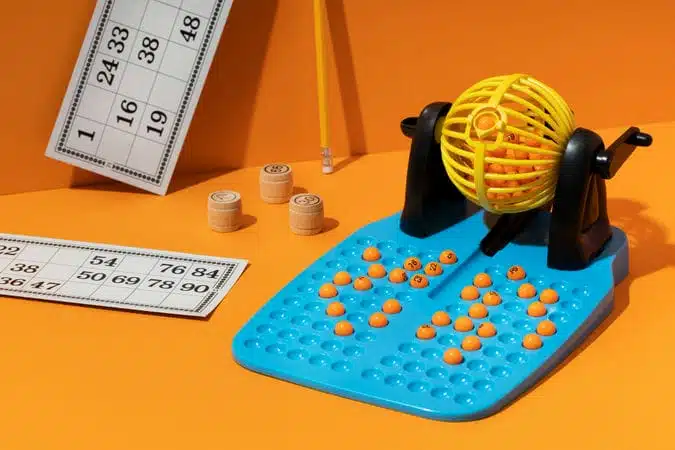
DIY Math Games
When it comes to cool math games for kids, DIY options are a great way to engage children and help them develop their math skills. These games can be created using everyday materials such as dice, cards, and even Legos. DIY math games can help children learn important math concepts such as counting, addition, subtraction, multiplication and division. By creating their own games, children can also develop their creativity and problem-solving abilities while having fun at the same time. So next time you’re looking for a fun way to teach math to your kids, consider trying out some of these DIY math game ideas! Note however that these activities are most ideal for young children such as preschoolers.
Here are our top 3 picks for DIY cool math games:
- Number on the Floor Relay Race: If your little one is always bursting with energy and love to run around, then we’ve got a game for you that combines both their love for movement and fun! All you’ll need is some trusty painter’s tape, and your job is to create large numbers on the floor. Once that’s done, let the game begin! One player calls out numbers at random while the other dashes to the corresponding number on the floor. To really get the competitive juices flowing, why not time each other for some math-related excitement? So get ready to have a blast while learning, moving, and having loads of fun! Make everyone add and keep their own score to add some more maths to it.
- Flip the Pancake Equations: Instead of mixing up batter, you’ll be cutting out circles of cardboard to make your very own “pancakes”. You’ll be writing addition and subtraction equations on each “pancake”, with the corresponding answer on the flip side. Once that’s done, it’s time for the cooking showdown to begin! Your little chef will pick up a pancake and shout out the answer to the equation, before flipping it over with the spatula. If they get the answer right, they get to keep the pancake. If not, their opponent swoops in to claim it for themselves. Who will emerge as the ultimate pancake king or queen? The player with the most pancakes at the end, of course! So grab your spatula and get ready for some math-fueled cooking fun!
- Create a Pretend Grocery Store: With just a grocery store flier and some imagination, your child can transform into a customer and you into the friendly cashier. Cut out pictures of grocery items and their prices from the flier and pick out the items you have in your own home. Then, armed with real or fake money (depending on how generous or lazy you’re feeling), your little shopper can pick out an item from the flier, find the corresponding object in your house, and try to purchase it from you and figure how much money they need to pay or get back. The possibilities are endless as you role play different scenarios, with or without a register. With so much math involved, who said grocery shopping can’t be fun? So let’s get ready to shop ’til we drop!
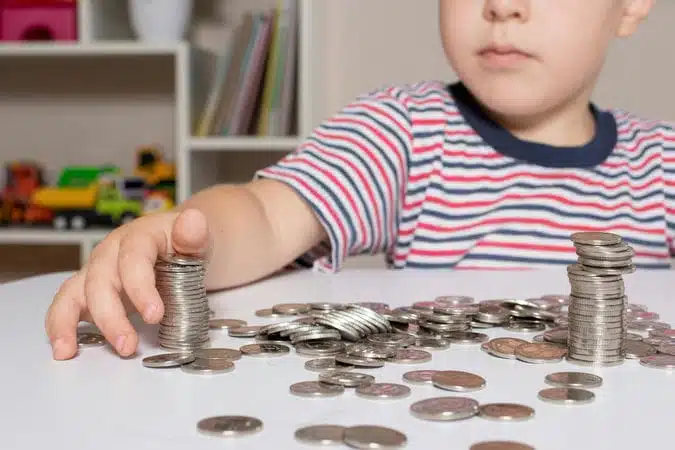
Board Games that Teach Math
Fun games like Monopoly, Settlers of Catan, and Ticket to Ride all require strategic thinking and basic math skills like addition, subtraction, and multiplication. Other popular games like Math Dice or Sum Swamp are specifically designed to teach mathematical concepts in a more structured manner.
Here is a short description of the mentioned games:
- Math Dice – This game is designed for kids aged 8 and up. It helps children develop their math skills by using dice to solve problems. The game can be played by two or more players.
- Sum Swamp – This game is designed for kids aged 5 and up. It helps children learn basic math skills such as addition and subtraction. The game can be played by two to four players.
- Monopoly – This classic game is designed for kids aged 8 and up. It helps children learn basic math skills such as counting money and making change. The game can be played by two to eight players.
- Settlers of Catan – This strategy game is designed for kids aged 10 and up. It helps children learn basic math skills such as probability and resource management. The game can be played by three to four players.
- Ticket to Ride – This game is designed for kids aged 8 and up. It helps children learn basic math skills such as counting and probability. The game can be played by two to five players.
In addition to board games, offline cool math games also include puzzles and brain teasers, such as Sudoku or chess, that help develop critical thinking skills while reinforcing mathematical concepts. These types of games provide a fun and engaging way for kids to improve their math skills outside of the classroom environment.
Online Math Games That Are Free For Kids
Many of these games are easily accessible online for free, which makes them an affordable learning resource. Teachers can use these games as a teaching aid to make math more interactive and engaging in the classroom. Parents can also use these games to help their children improve their math skills outside of school hours.
There are many cool math games available online catering to different age groups and skill levels. These fun and interactive games not only improve mathematical skills but also critical thinking and problem-solving abilities in children. With so many options available online, it is easy to find a game that suits your child’s interests while making learning enjoyable at the same time. Here is a great resource with educational games to get you started.
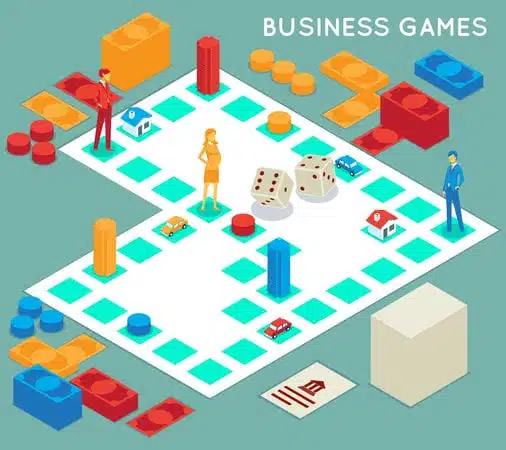
Find Our Cool Math Games to Play by Category:
If you’re looking for cool math games for your kids to play online, you can easily find them organized by category. These categories can include addition, subtraction, multiplication, division, geometry, and more. This website is one such great resource. By selecting the appropriate category, you can help your child focus on a particular skill or concept that they need to work on. With a variety of options available, there are endless possibilities for making learning fun and engaging through these cool math games.
Parental Control Tools to Ensure Safe Gaming Experience.
Safety should be a top priority while allowing kids to play online games. Before letting your child play free math games online, it’s important to ensure that they have a safe gaming experience. Parental control tools can help you achieve this objective. Setting up age-appropriate content filters is vital to keeping your child away from inappropriate content. Monitoring the amount of time your child spends playing games and setting limits if necessary will ensure that their gaming experience remains healthy and balanced.
Educate your child on internet safety and the importance of not sharing any personal information while gaming. Also, encourage them to communicate with you about any concerns or issues related to their online gaming experience. With these measures, you can ensure that your child has an enjoyable, safe, and educational experience playing cool math games for free!
Conclusion
Cool math games are an excellent way to make learning math fun and engaging for kids. It helps them develop critical thinking skills, problem-solving strategies, and logical reasoning abilities. Offline games like DIY math games and board games that teach math can be played with family and friends. On the other hand, online cool math games provide access to a wide range of games by grade level or category. However, it is crucial to ensure that children have a safe gaming experience, and parental control tools can help with that. Click here, if you want to learn more about other benefits of gaming.

